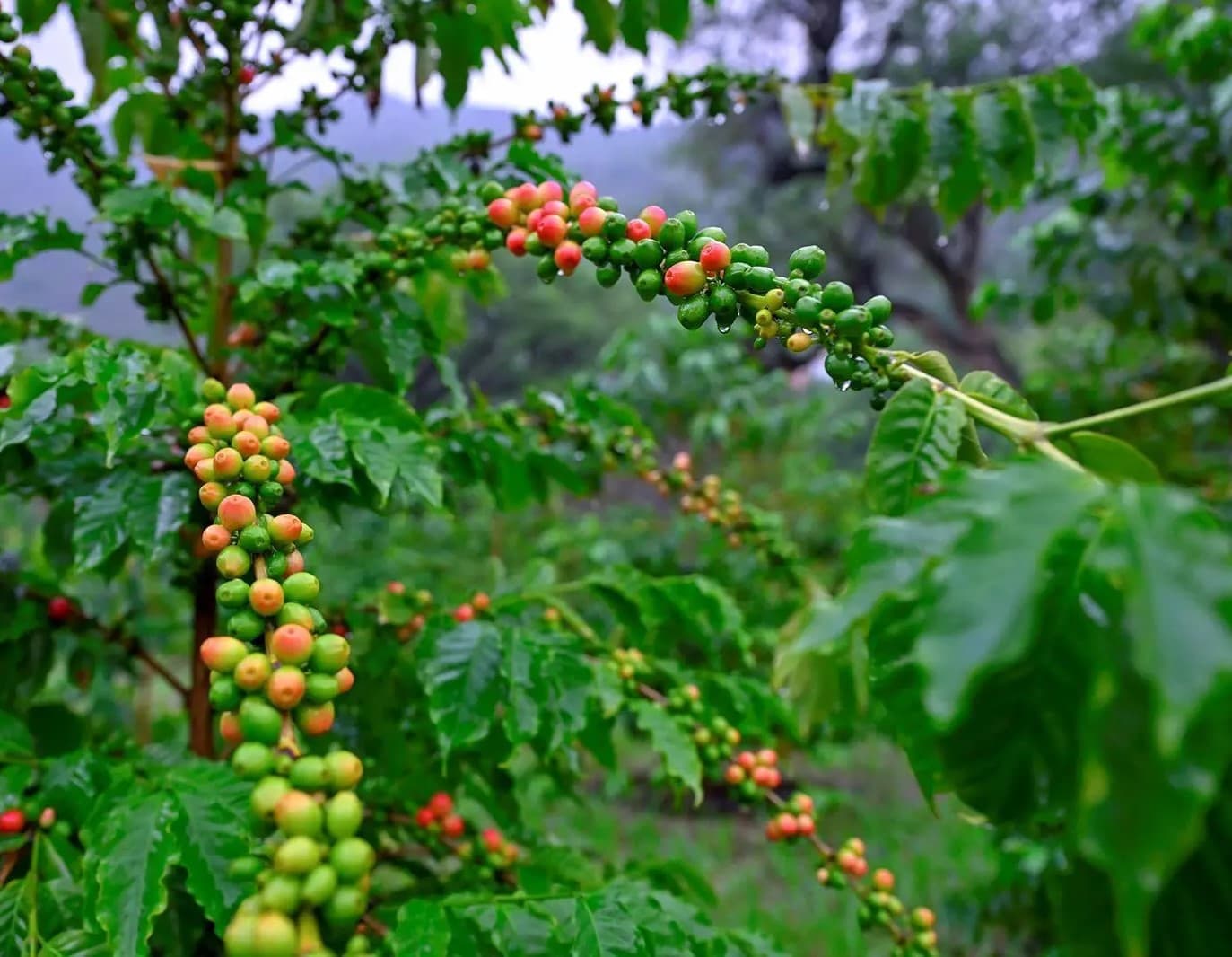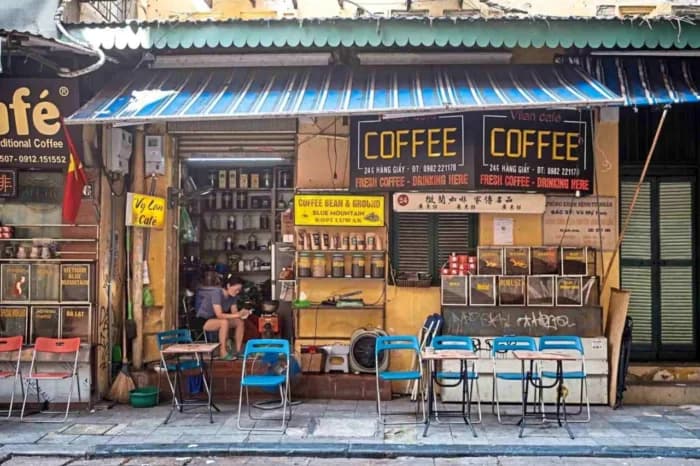Coffee-producing countries may face the risk of having their exports banned from the European market if Brussels does not delay its decision to prohibit products coming from regions affected by deforestation, according to one of the world’s largest coffee and tea companies.
JDE Peet’s, a global coffee and tea supplier, stated that some countries might be temporarily excluded from its supply chain due to uncertainty about their compliance with the new rules unless the European Union postpones its new deforestation law for at least a year.
Christopher Beth, the global coffee and tea supply lead at JDE Peet’s, emphasized the need for clarity from the EU, saying, “The sector has invested significantly based on its interpretation of the new regulations, but companies may struggle to comply with the deadline if their understanding proves incorrect.”
The EU’s deforestation law, which targets commodities such as cocoa, palm oil, rubber, and coffee, is set to take effect on December 30th, yet the European Commission has not published guidelines on how to comply with it, sparking criticism from national governments, including Germany, as well as industry bodies and the head of the World Trade Organization.
EU officials involved in preparations for the law have indicated that an online compliance system is expected to be unveiled soon. However, amid growing criticism, the officials said that Brussels might announce a delay in implementing the system, which will define different levels of scrutiny for products from various countries.
The law has been met with significant backlash from exporting countries, with Brazil calling it “unilateral and punitive.” Meanwhile, legislators from the European Parliament’s center-right political group, to which European Commission President Ursula von der Leyen belongs, have voiced their opinions on the matter last week.
Herbert Dorfmann and Peter Liese, both members of the European Parliament from Germany, warned that “the bureaucratic monster threatens animal feed supplies and the trade of many consumer goods.” They added, “The Commission must take enough time to address the many flaws in the legislation.”
The European Cocoa Association recently called on the Commission to extend the transition period for six more months before the new rules come into effect, to “avoid enforcement failures.” The industry body, which represents European cocoa processors and chocolate manufacturers, argued that “the lack of clarity on critical elements makes it legally uncertain to prepare for the new rules.”
The coffee industry, in particular, has expressed concern that the mapping system used by the non-profit organization Enveritas may not comply with the new EU regulations. Enveritas uses high-resolution satellite imagery to identify coffee-growing areas affected by deforestation and works with governments and farmers to reforest the land, allowing entire countries or regions to be declared deforestation-free.
However, the new EU law requires the tracking of each coffee shipment back to specific “polygons” or land plots where it was grown. The coffee quantities in each shipment must match the reasonable production capacity of the identified polygons to avoid mixing deforestation-affected coffee with compliant beans. This excludes the broader approach of mapping entire countries or regions.
Beth explained that Enveritas’ approach has been successful in combating deforestation but warned that “compliance with the EU deforestation law is another matter.”
He also indicated that JDE Peet’s is preparing for all scenarios but cautioned that deeming Enveritas’ mapping system non-compliant with Brussels’ rules would prevent some producers from selling their products in EU markets as of December 30th.
Enveritas has adapted its model accordingly, splitting data to reflect cooperatives and communities instead of taking a national-level approach. However, environmental groups have warned that this might lead to loopholes in compliance.
Julia Christian, a lawyer with the non-profit organization Fern, which monitors the EU’s involvement in forests, warned that the system could fail if it is not determined “whether the coffee really came from the specified polygons.”
She added, “Companies have known about this legislation for several years,” noting that some chose the risk of not adequately preparing. She emphasized that it is unacceptable for companies to use this to pressure politicians into changing the law after it has already been passed, especially when other companies have invested to comply in a timely manner.


